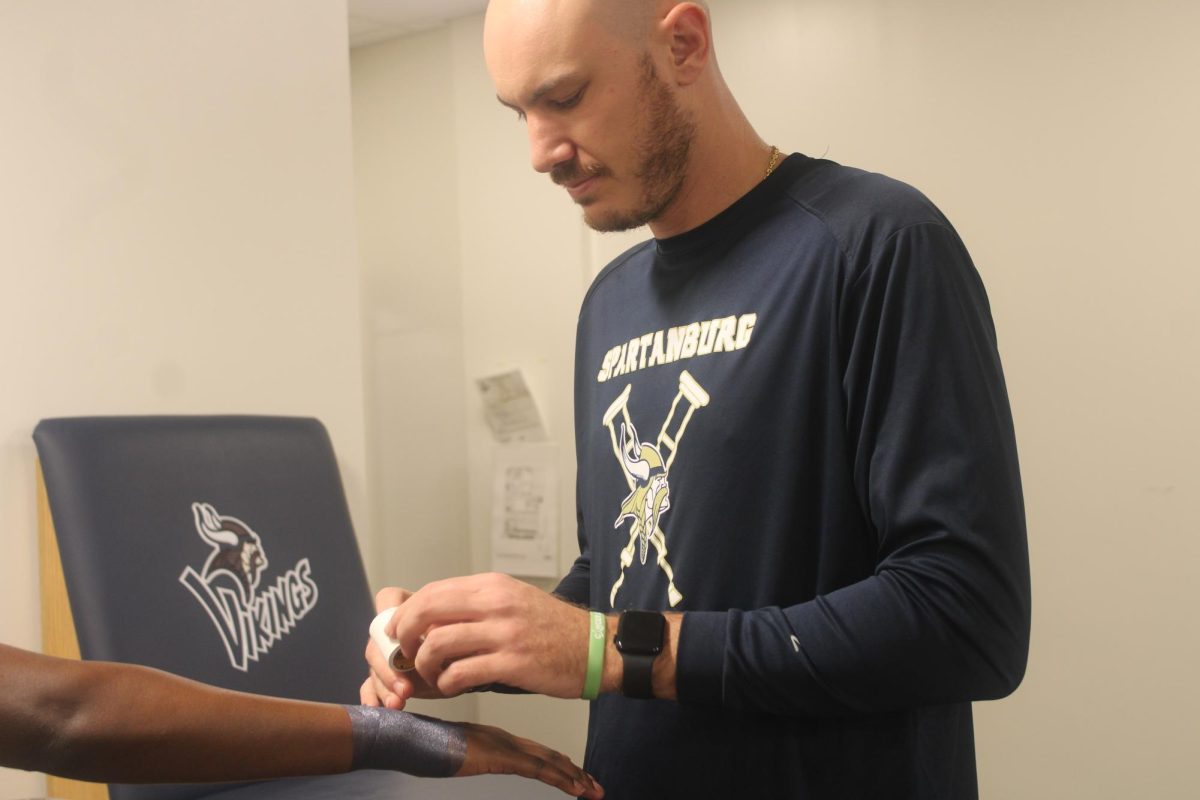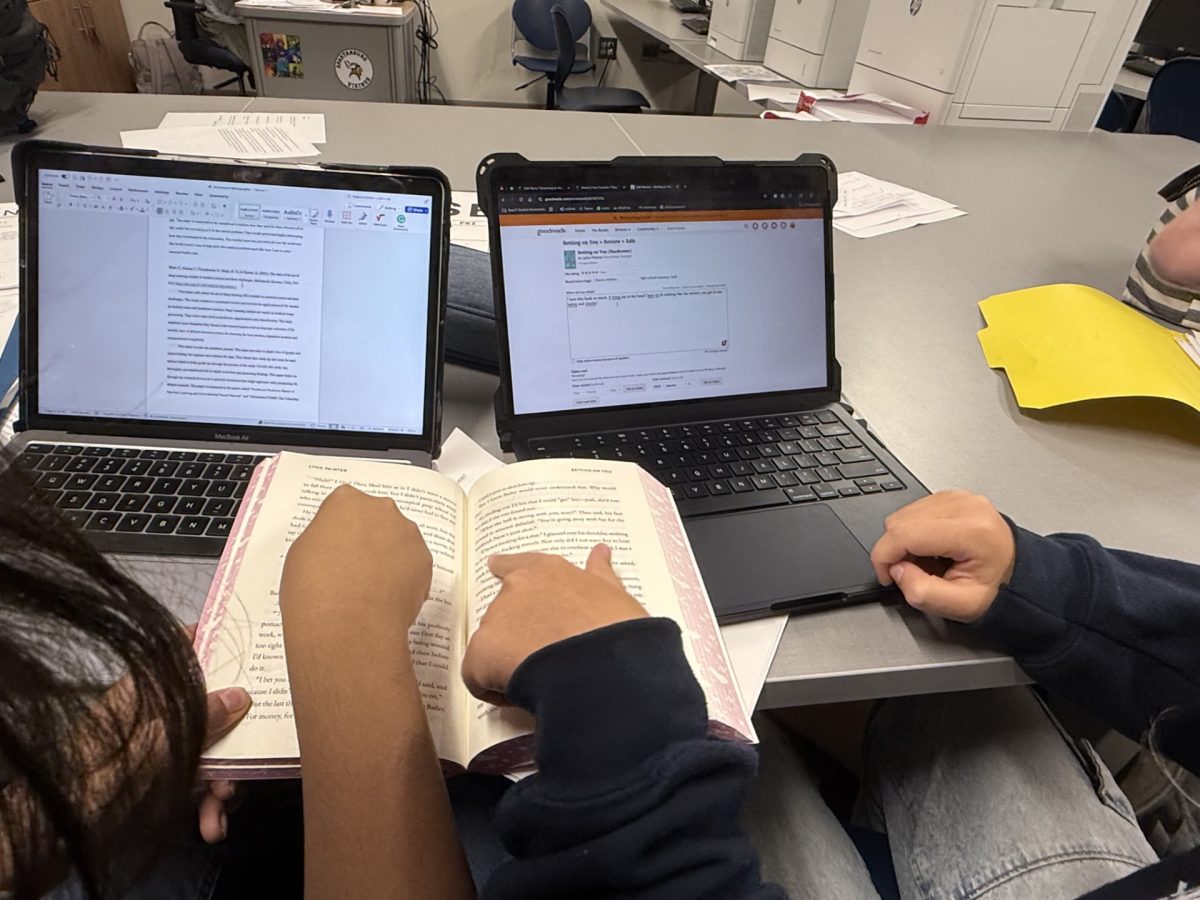When “The Dating Game” premiered on ABC in 1965, Americans were introduced to the intriguing, drama filled world of reality dating shows. On the show one eligible bachelor or bachelorette would ask veiled suitors questions, before choosing one to take on a date. This novel show opened the flood gates of reality dating shows, leading to the making of hit series such as “The Bachelor,” “Love is Blind,” “Love Island,” “Too Hot to Handle,” and thousands of others. However, the question must be asked, how do these “reality” dating shows affect people’s perceptions of how real-life relationships are built and maintained?
As the world of reality dating shows as evolved, many have started to be presented as competition dating shows. Whereas some show’s objective, such as “The Bachelor’s,” where winning means to fall in love and become engaged, can be seen as purer of heart, other shows, such as “Love Island” have taken a different approach. “Love Island” is a dating show that originated in the United Kingdom in 2005 and has since spawned multiple other versions, including “Love Island USA” and “Love Island Australia.” On the show, a group of conventionally attractive people are sent to an island and told to couple up to stay on the island. Every episode ends with a recoupling ceremony where those not in in couples will be forced to go home. The last couple to remain on the island earns a cash prize of $100,000. The cash prize and often changing couples, while full of drama and fun to watch, leaves viewers seeing the show as more of an act and less of reality.
Chariyia Moon (11) watched “Love Island” and doesn’t believe the show represents reality.
“When I watched ‘Love Island,’ the contestants all wanted to date as many people as possible before they settled on one person, and I don’t think that represents the majority of people in real-world relationships,” Moon said.
A similar problem comes from the fact that most reality dating shows are shot on secluded locations. This means that none of the couples are having to deal with real world issues. “The Bachelor” and “The Bachelorette” try to remedy this by doing hometown visits to families so the couples can have the chance to learn more about each other firsthand. However, many people still doubt the legitimacy of the couples.
Laney Brothers (12) enjoys watching reality dating shows but doesn’t consider them reality based.
“I feel like dating shows are more of a fantasy, and they don’t have to deal with real world problems as a couple,” Brothers said.
Nonetheless, reality dating shows provide fun and juicy entertainment, and to many viewers, such as Ethan Braun (11), the spectacle is more important than whether the couple is dating in real life.
“When I watch dating shows like ‘The Bachelor,’ I mainly just watch it for the drama, and I think all the relationships are fake,” Braun said.









